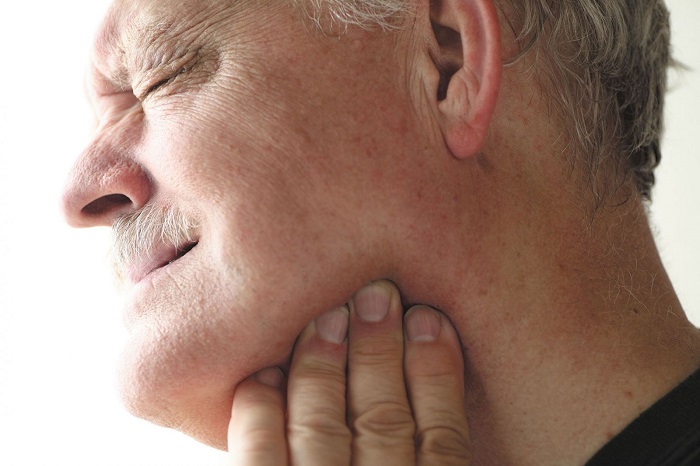5 Overlooked Symptoms That May Signal Heart Trouble

Image: © nebari/Thinkstock
Chest pain is not always present in people with heart disease. Instead, other symptoms can be the signals that alert you to heart disease.
"Any symptom that seems to be provoked by exertion and relieved by rest could be heart-related. Particularly in people with underlying risk factors such as high cholesterol, high blood pressure, diabetes, tobacco use, a sedentary lifestyle, obesity, and a strong family history of heart disease, other symptoms besides chest pain may be the clue to a heart problem," says Dr. Randall Zusman, a cardiologist with Harvard-affiliated Massachusetts General Hospital.
When any of the following symptoms appear with no obvious reason, pay attention and report them to your doctor.
1. Fatigue
Fatigue can be caused by many illnesses and by medicines. But a constant, new fatigue also can sometimes signal heart failure (a condition in which the heart fails to pump well) or coronary artery disease. "It's less common as an indication of coronary artery disease, but it can be," Dr. Zusman says.
2. Unexplained aches or pains
The blockage of the blood supply to the heart muscle that occurs with coronary artery disease leads the heart to "cry out in pain" when it is asked to work harder. However, that pain is not always felt in the chest. Sometimes it is felt in the shoulders, arms, back, jaw, or abdomen. Particularly when pain in these locations occurs with exercise and disappears with rest, the pain could well be a sign of heart disease.
When to report symptoms
It's better to err on the side of caution, especially if you have
- symptoms that come on with activity and are relieved with rest
- several symptoms at a time, such as fatigue and swollen feet
- known heart disease or factors that raise your risk for heart disease (like diabetes, high blood pressure, high cholesterol, or smoking).
3. Shortness of breath
Don't be too quick to assume shortness of breath is just a matter of being out of shape. Unexplained shortness of breath that occurs with small amounts of activity could indicate heart trouble. "If you climb up five flights of stairs, I expect you to be short of breath. But if you go up 10 stairs and you're short of breath, that may indicate a heart problem," Dr. Zusman warns.
4. Swollen feet or ankles
Leg, ankle, or foot swelling — the kind that leaves an indentation if you press your finger into it — could be a sign of heart failure. It also could be caused by kidney disease, liver failure, eating too much salty food, inefficient blood flow in your legs (venous insufficiency), or a side effect of some drugs (particularly calcium-channel blockers).
Is it a heart attack?
Heart attacks may be provoked by exercise, but they also can occur when someone is at rest. Call 911 if one or more of the following symptoms come on suddenly:
- shortness of breath
- pressure or pain in the chest or upper abdomen
- dizziness, lightheadedness, or fainting
- nausea or vomiting
- pain or discomfort in one or both arms, the back, the neck, the jaw, or the stomach
- extreme fatigue.
5. Heart palpitations
The term "palpitations" means a heartbeat that feels irregular or rapid. Most palpitations are harmless. They may be caused by anxiety, caffeine intake, or dehydration.
- But sometimes palpitations indicate a heart problem. It's important to note how your palpitations feel, how often they occur, and what you're doing when you experience them. For example, if you're resting — like watching television — and your heart suddenly starts beating irregularly or rapidly, bring that to your doctor's attention.
Story Credit: https://www.health.harvard.edu/heart-health/5-overlooked-symptoms-that-may-signal-heart-trouble


